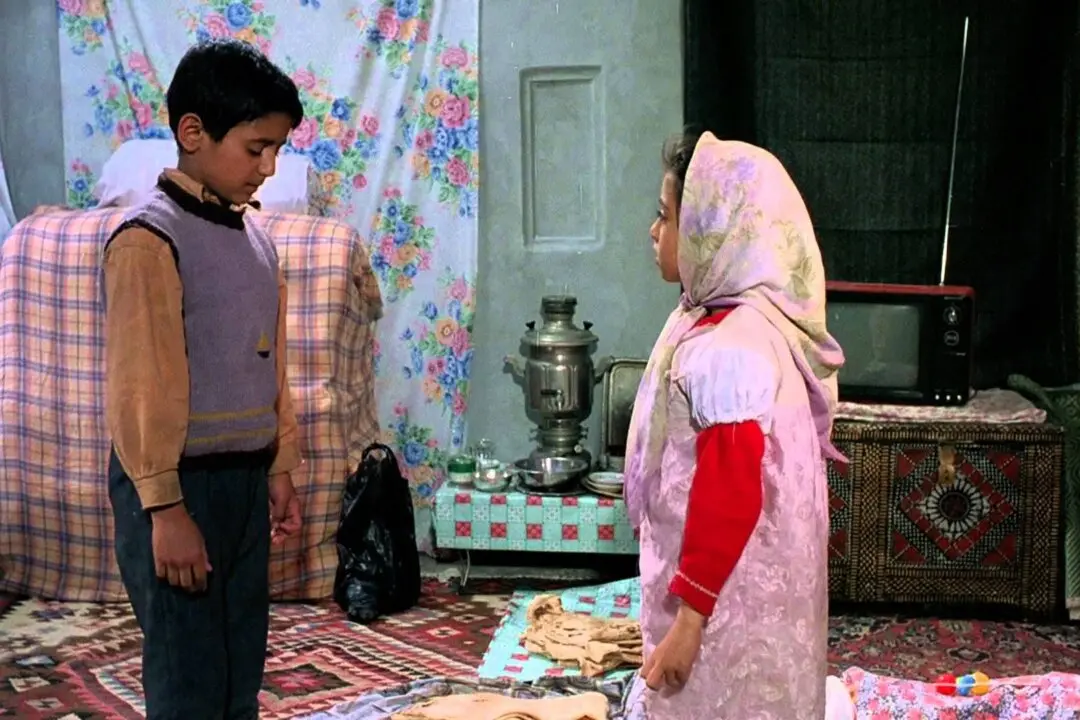PG | 1 h 40 min | Drama, Comedy | 1946
Director Archie Mayo prefaces his fantasy film with a phrase of exposition, “This story is about Eddie Kagle, who based his way of living on what Omar Khayyam once said: ‘Live fully while you may and reckon not the cost.’”




